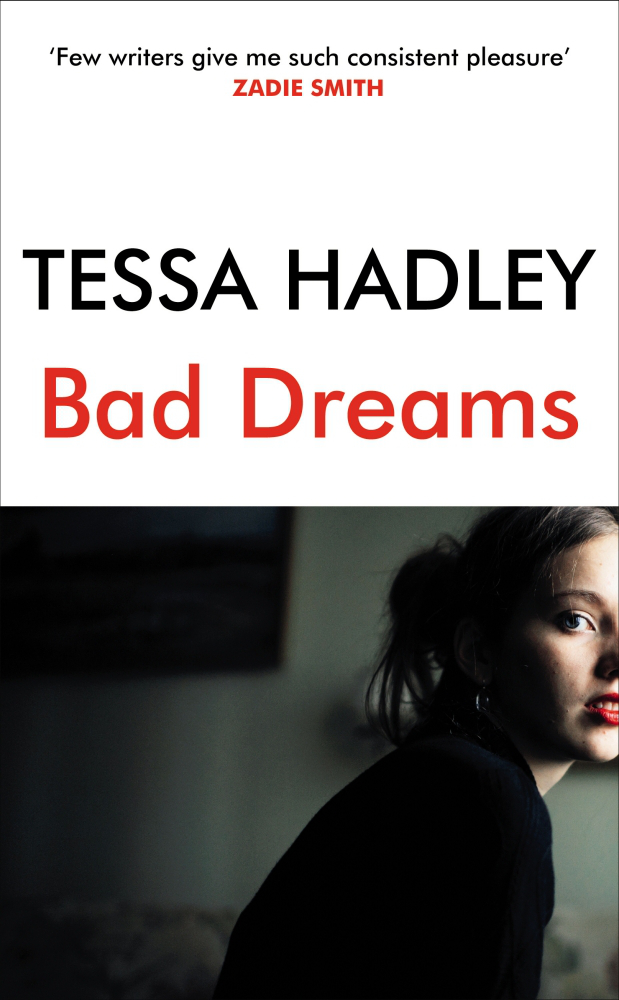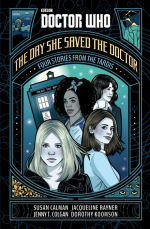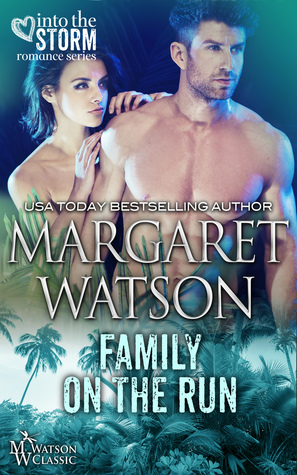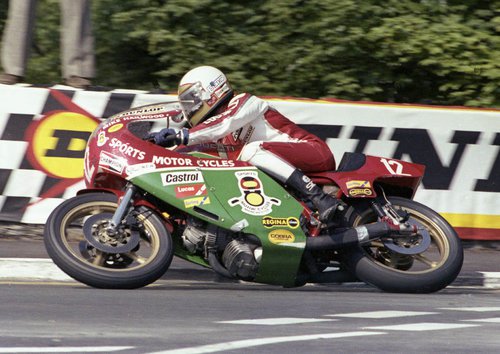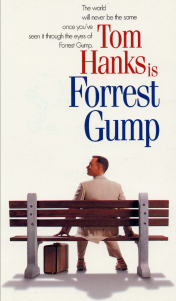

Recently, I re-watched the film Forrest Gump as part of the series on my top 10 favourite films, which I’m currently doing on my YouTube channel. Following that, I decided to check out the original novel by Winston Groom, published in 1986. All I really knew about the novel was that it differs in many ways from the film, so I was interested to see just how much.
(Note: spoilers for both the book and the film)
First off, while the book and the film’s stories don’t always go in the same direction, they do cover some of the same elements. Forrest is still an Alabama native who has mental deficiencies, and still gets carried between many different adventures and careers without fully understanding what’s going on around him. We see him play football for the University of Alabama, serve in Vietnam, play in a ping-pong tournament in China, and make millions of dollars in the shrimp industry. The main side characters in the film – Jenny, Lieutenant Dan, Bubba and Forrest’s mama – all originate in the book. And Jenny is still Forrest’s primary love interest, meeting him sporadically through their lives and eventually giving birth to his son. Outside of all this, the book uses the characters rather differently from the film, and also has a lot of extra material that wasn’t adapted – and these things, in my opinion, make the book weaker overall.
As well as the aforementioned vocations, the book sees Forrest try his hand at harmonica playing, chess playing, professional wrestling, acting in a movie, and even politics, usually falling into them through chance encounters, as in the film. However, the book makes Forrest’s skills more random: he is portrayed as a savant who is able to remember complicated mathematical formulas and play chess very well, but there’s no real connection between a lot of the things he can do. For much of the time, it feels like he’s just being thrown into different situations for comedy, which ensues when he inevitably fumbles and messes it all up. The film trims down all the things that Forrest does with his life, which – along with other factors – helps to make the overall story feel more cohesive and worthy of investment. It also makes Forrest’s talents more understandable, and doesn’t incorporate any savant abilities: Movie-Forrest is good at football because of how fast he can run, and good at Ping-Pong because he is told to never take his eye off the ball. Indeed, many of Movie-Forrest’s achievements stem from the same source: just being told what to do, and doing it as best he can.
The book also feels inconsistent in just how grounded in reality it tries to be. Forrest playing football and serving in Vietnam, and the scrapes he gets into along the way, don’t require too much suspension of disbelief. But Forrest being sent into space, accompanied by an orang-utan, and then getting stranded on an island with cannibals, one of whom happens to speak perfect English, is ever so slightly more fantastical. It feels more similar to The Hundred-Year-Old Man Who Climbed Out The Window and Disappeared, only that book maintains its approach all the way through. Similarly, while the film isn’t entirely realistic – e.g. the number of celebrities that Forrest meets and inspires – it feels consistent in what it’s trying to do.
But my biggest problem with the book was that I didn’t feel anywhere near the same emotional connection to the characters as I did in the film. In Forrest’s case, this may have something to do with Tom Hanks. Casting Hanks as Forrest is actually not unlike casting Tom Cruise as Jack Reacher, since Book-Forrest is 6″6 and weighs 240 pounds by the time he’s sixteen! But Hanks is the perfect choice to portray Movie-Forrest, who is quite a different entity from Book-Forrest, with his low intelligence coming across in a more charming and innocent way. Book-Forrest is still a sympathetic character, and I liked the colloquial style of his first-person narration: e.g. leaving the ‘d’ off ‘and’ and the ‘t’ off ‘next’, and saying ‘begun’ instead of ‘began’. But he doesn’t tug at the heartstrings in the way that watching Hanks’ onscreen performance does.
The film also uses the side characters much more effectively. It gives Lieutenant Dan a more cohesive character arc, growing from a bitter man who feels he’s been cheated out of his proper destiny, to finding purpose and inner peace once more. The book doesn’t bother to look as closely at Dan, making any character shifts he experiences less consistent and meaningful. As for Jenny, she goes in a similar direction in both the book and the film – living a wild, directionless life for a while before finally choosing to settle down – but again, the book puts a bit less focus on her character arc and relationship with Forrest. Maybe the film makes Jenny’s arc rather more dramatic, but I certainly found it much more interesting.
Ultimately, I’m impressed with how the director, screenwriter and actors behind Forrest Gump managed to take a concept which was handled unexceptionally in its source material and create a solid, wonderful, thought-provoking, tear-jerking movie experience out of it. But I’ll be talking more about that when I get to my video review.
Advertisements Share this: